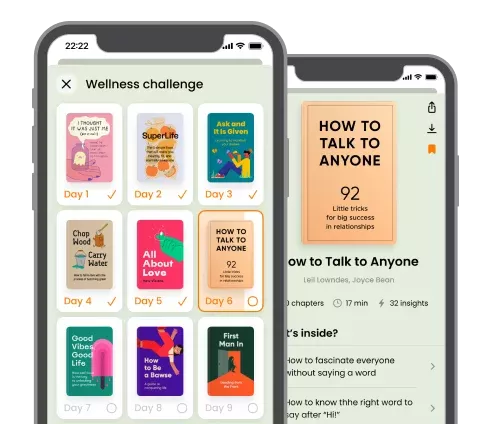5 Best Books About Medical Research
Discover a curated collection of books about medical research, covering a wide range of topics and insights. Explore the world of healthcare studies now!
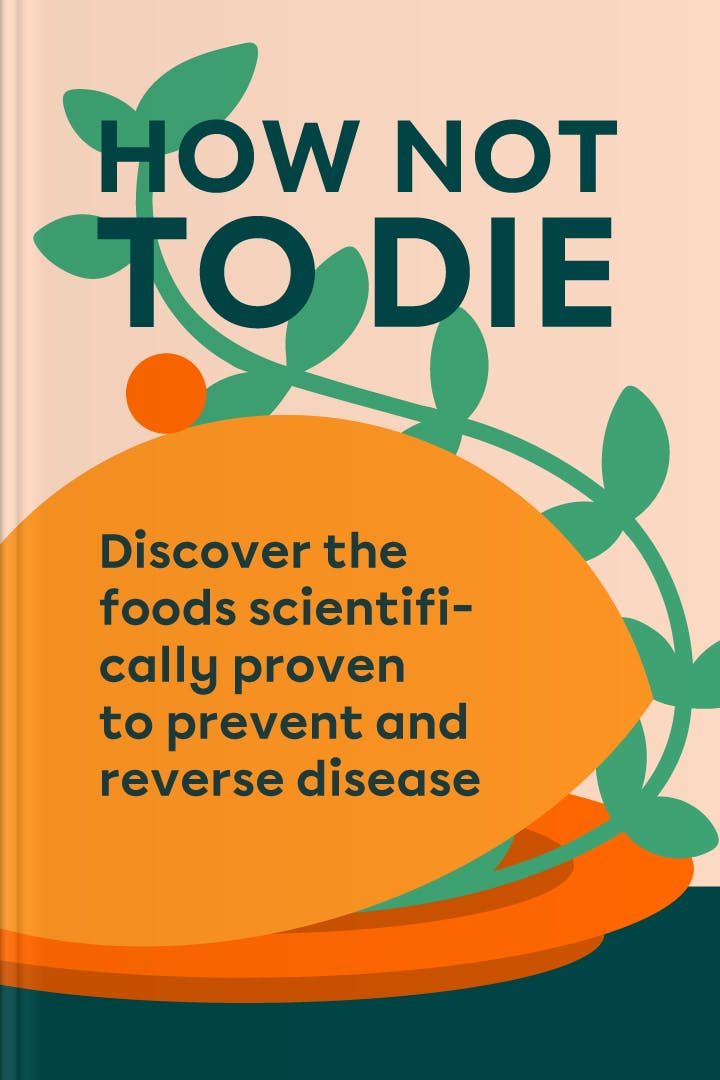 1
1How Not to Die
by Michael Greger, Gene Stone
What is How Not to Die about?
In this informative and eye-opening book, the author explores the power of nutrition in preventing and even reversing diseases. Backed by scientific research, he reveals the foods that have been proven to have a significant impact on our health. From heart disease to cancer, Greger provides practical advice on how to incorporate these life-saving foods into our daily diet, offering a roadmap to a healthier and longer life.
Who should read How Not to Die
Health-conscious individuals seeking evidence-based dietary recommendations for disease prevention.
People with chronic illnesses looking for natural ways to improve their health.
Individuals interested in understanding the impact of food choices on overall well-being.
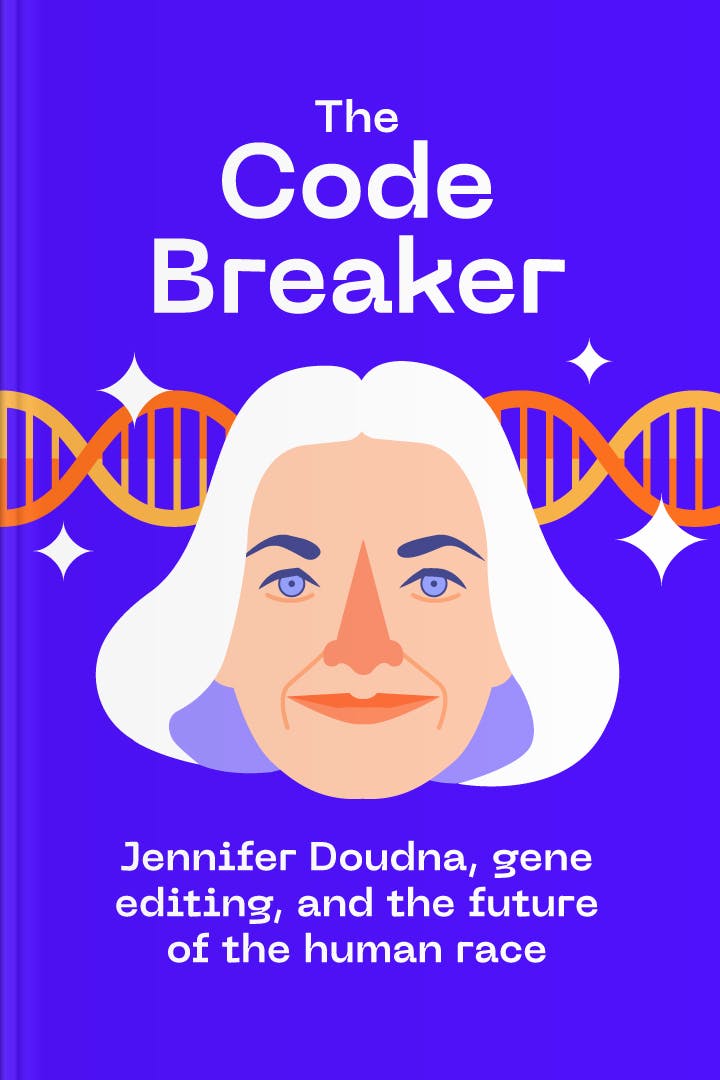 2
2The Code Breaker
by Walter Isaacson
What is The Code Breaker about?
"The Code Breaker" is a captivating non-fiction book that delves into the life and groundbreaking work of a brilliant scientist named Jennifer Doudna. This riveting narrative explores the world of gene editing and its potential to shape the future of humanity. With meticulous research and engaging storytelling, the author, Walter Isaacson, takes readers on a journey through scientific discoveries, ethical dilemmas, and the immense possibilities that lie within our DNA.
Who should read The Code Breaker
Scientists and researchers interested in the revolutionary field of gene editing.
Ethicists and policymakers grappling with the implications of genetic engineering.
General readers curious about the potential impact of gene editing on humanity.
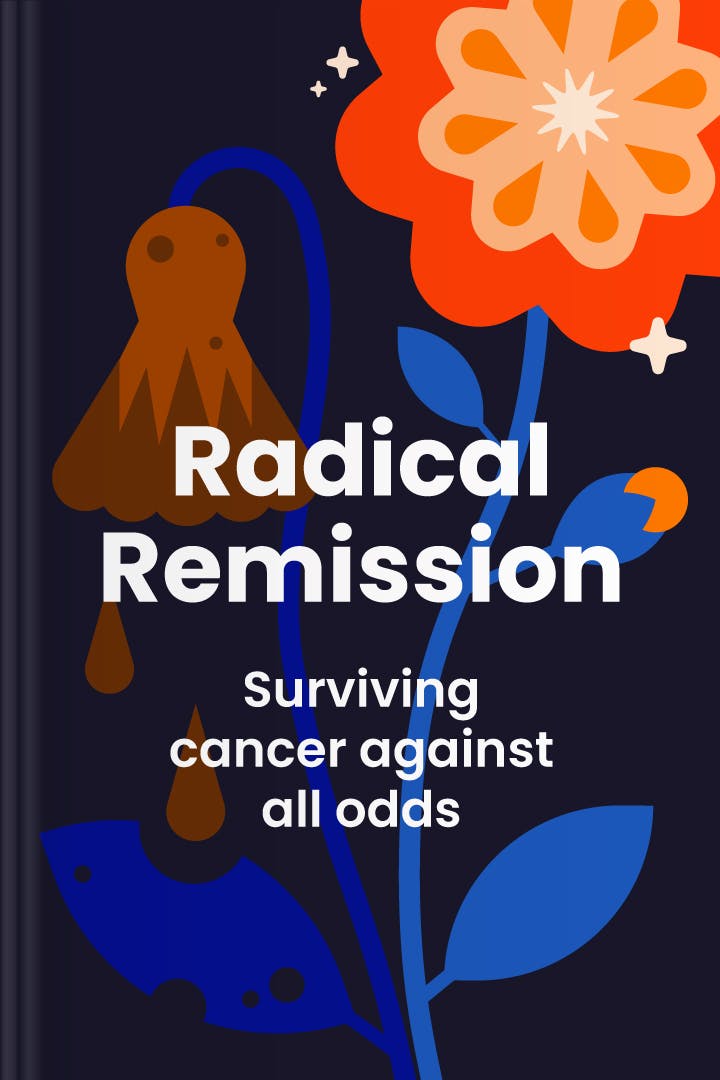 3
3Radical Remission
by Kelly A. Turner
What is Radical Remission about?
In this inspiring and groundbreaking book, a researcher explores the remarkable stories of cancer survivors who defied all odds and achieved radical remission. Through in-depth interviews and analysis, the author uncovers the nine key factors that these individuals shared in their healing journeys. Packed with hope and practical advice, this book offers a fresh perspective on cancer treatment and empowers readers to take control of their own health and well-being.
Who should read Radical Remission
Cancer patients seeking alternative approaches to conventional treatments.
Caregivers and loved ones supporting someone with cancer.
Medical professionals interested in exploring holistic cancer treatments.
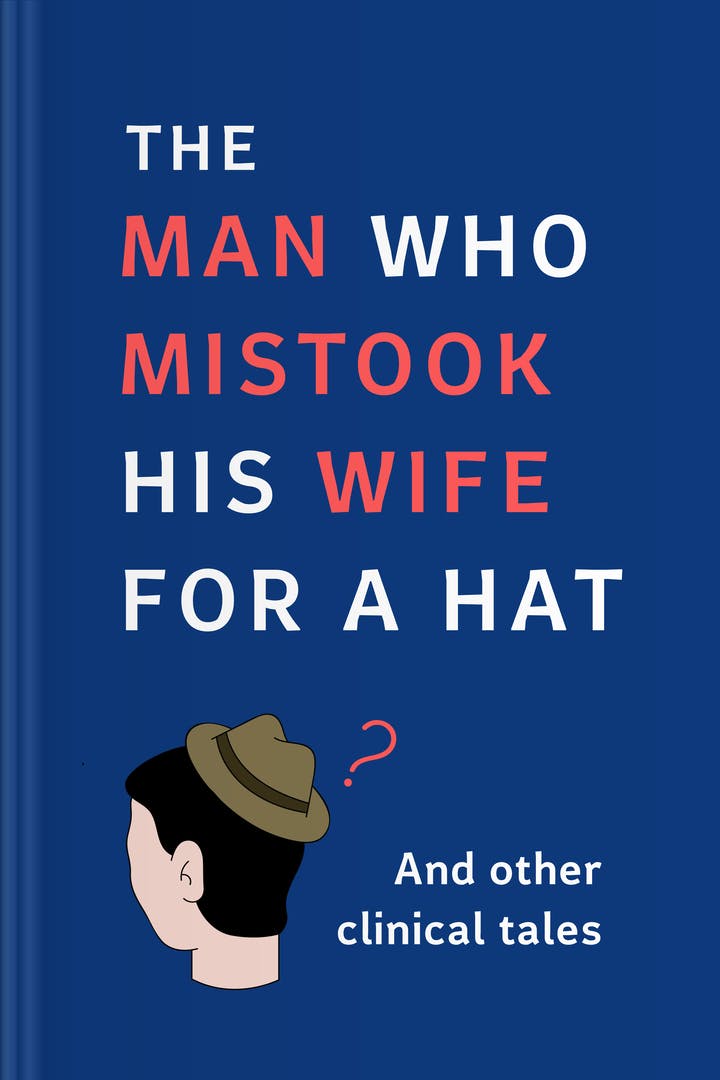 4
4The Man Who Mistook His Wife for a Hat
by Oliver Sacks
What is The Man Who Mistook His Wife for a Hat about?
In this captivating non-fiction work, a renowned neurologist shares a collection of intriguing case studies that explore the mysteries of the human mind. Through vivid storytelling, the author delves into the lives of his patients, revealing their extraordinary neurological conditions and the profound impact these conditions have on their perception of reality. With compassion and scientific insight, this book offers a fascinating exploration of the complexities of the human brain and the fragility of our perception.
Who should read The Man Who Mistook His Wife for a Hat
Individuals interested in exploring the complexities of neurological disorders.
Medical professionals seeking insights into rare neurological conditions.
Readers fascinated by captivating stories of the human brain's mysteries.
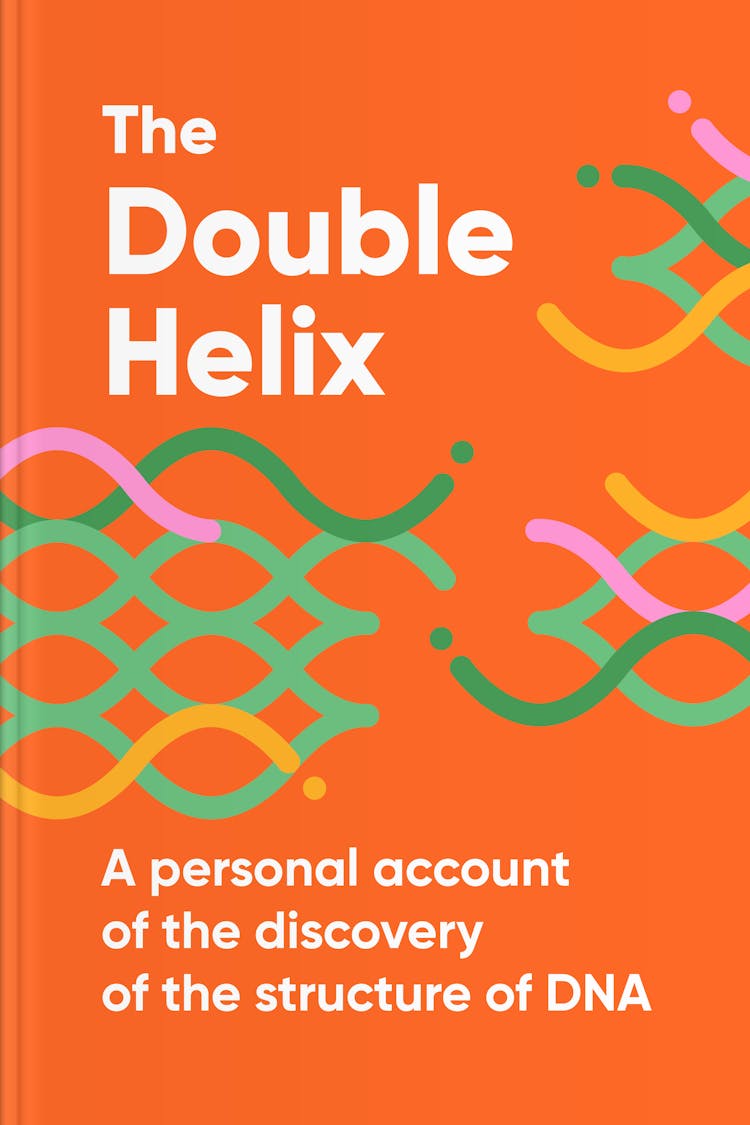 5
5The Double Helix
by James Watson, KBE
What is The Double Helix about?
"The Double Helix" is a captivating memoir that delves into the exhilarating journey of unraveling the mystery behind the structure of DNA. Written by a renowned scientist, this personal account takes readers behind the scenes of the scientific community in the 1950s, revealing the intense competition, brilliant minds, and ethical dilemmas that shaped one of the greatest scientific breakthroughs in history.
Who should read The Double Helix
Scientists and researchers interested in the history of DNA discovery.
Biology students and enthusiasts seeking insights into DNA structure.
Individuals curious about the personal experiences of a renowned scientist.
